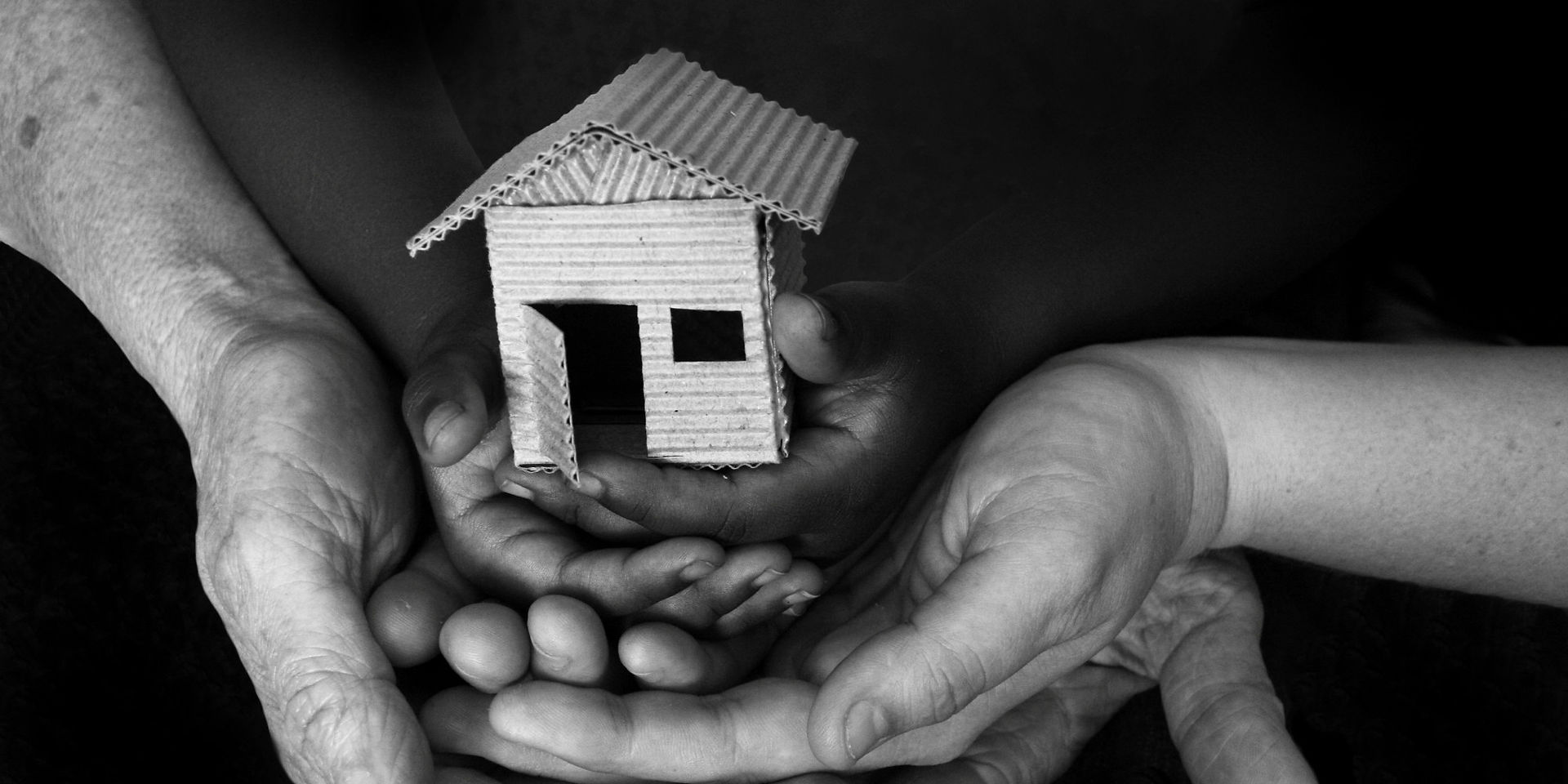
Homelessness and the homeless: Is there a difference?
U
p until this point, we’ve spoken about the homeless as a group of people, clustered outcasts, a population at times rejected by the rest of humankind. Have you ever taken a moment to think about the word homeless? Why is there a word for people without a home? Is there a word for people with a home? My apologies for answering a set of questions with another question, but this begs the question: why are homeless people outcasted from society? Is it because they, like all of us, have been trained to think that if someone lacks a house, they are "othered" and placed in a category of their own? Is it because of the language we use? Home·less·ness. Hmm.
Like race, gender, and ethnicity, homeless people suffer from a judgmental and socialized stigma. We see someone on the street, see their (insert stereotype that you think of when you think of homelessness) and then we make a snap judgment and slap a label on them.
But—like race, gender, and ethnicity—homelessness isn’t always that simple. God didn't pick up a paintbrush and draw everyone to be either black or white. The whole world wasn't divided into male or female, nor was everyone even assigned a gender. There are different perspectives, different factors, different ways that people view their own identity. Homelessness is no exception. Why should homeless people not get the opportunity to challenge society on the different shades of their identity?
Have you ever thought about homelessness as an identity marker? Or even as something that has an opposite? Big or small. Shallow or deep. Homeless or... not homeless. Homelessness or... homedness? Homeless or… normal?
If not, if you haven't had the opportunity to think about the word "homelessness," what does that say about how we, as a society, think about and treat those that identify with the homeless population? What does that say about how we think about and treat those that do not identify with the homeless population but are unfortunately clumped together with homeless people? Perhaps a moment should be devoted to explicating the relationship between those that fall somewhere on the homelessness spectrum (yes, there is a spectrum)—and homelessness as a label.
irst, we must ask: what does it mean to be homeless? Whether you think this question is obvious or impossible to answer, there are actually a variety of interpretations. Perhaps a simple way to think about this question is to think about a homeless person as someone who lacks a home. That basic definition leads to another, perhaps equally complicating, pair of questions: What is a home? What if people define a home differently?
Some may call a childhood house a home, while others may refer to the United States of America (both the physical land and the concept) as their home. What if someone can only afford to consistently live in a home for three out of four weeks but resides on the street for that remaining week? Does that count as having a home?
What if someone considers the street to be their home? As we can clearly see, homelessness as a concept has a bit of a gray zone. Let's keep going.